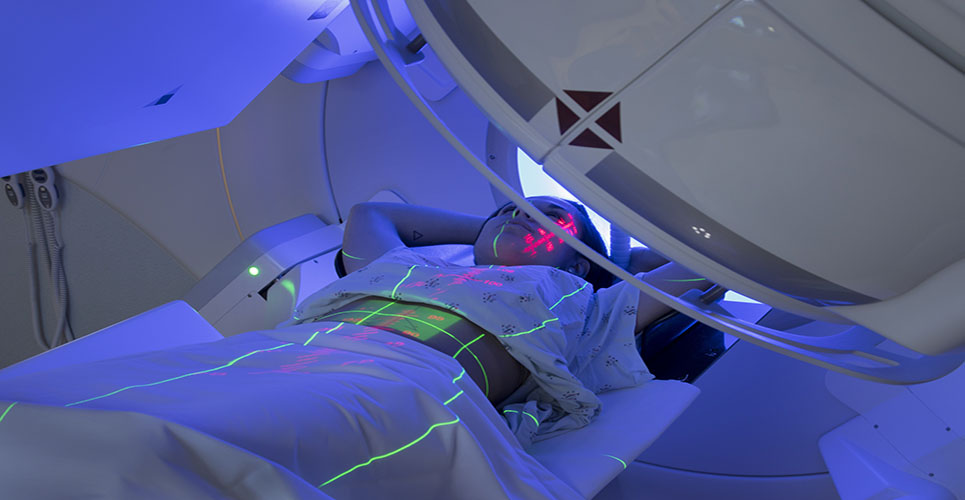teaser
Kathleen Vandendael
Executive Director
Federation of European Cancer Societies (FECS)
Brussels
Belgium
E:[email protected]
With only a few weeks until the start of ECCO 13, the European Cancer Conference, the final preparations for Europe’s premier cancer conference are now being made. ECCO 13 will be held in Paris, France (31 October–3 November), and will represent the culmination of more than two years of work by the Federation of European Cancer Societies (FECS). The ECCO conference has become established as the European cancer event, and it is the largest multidisciplinary cancer conference in the world, bringing together clinicians of all disciplines, researchers and oncology nurses in one setting.
The need for such a large and highly scientific conference in Europe is now greater than ever. With the recent expansion of the EU, the increase in the EU population and the European population getting significantly older, the cancer burden in the EU is going to increase significantly over the next few decades. A strong European oncology forum such as ECCO is essential to foster the strong European oncology research sector, which is needed if Europe is to combat effectively the increasing cancer burden.
The role of ECCO in cancer research and treatment
In addition to its role as an umbrella organisation, representing 18 professional oncology societies with one voice at political and public levels, FECS is also committed to bringing about equal access to quality care for all European cancer patients. The ECCO conference plays a key role in this activity, and the active participation of politicians, patients and patients’ advocates in the ECCO 13 Patients’ Programme will help to drive forward the political agenda that FECS has been developing in order to bring about the changes needed to ensure this equal access to quality care.
A clear sense of progression and continuity from ECCO 12 (which was held in Copenhagen in September 2003) is evident in the ECCO 13 programme. European clinical research was given a high profile at ECCO 12, and ECCO 13 follows up on these developments, with the programme including data from clinical trials stemming from that original basic research. The content of the ECCO 13 scientific programme demonstrates, through current European research, how the translation of basic research into practical clinical tools is successfully bringing new, more effective treatments into daily practice in our hospitals. A number of approaches in routine use in our clinics already support our continued investment in translational research and demonstrate that this approach to combating cancer is fruitful.
The strength of basic research, the speed with which new developments are taking place and the exploration of promising new areas of research in Europe are reflected in the ECCO 13 programme, and give us reasons to be optimistic about the future. It is notable that the amount of promising research being undertaken in the former Eastern European countries is rapidly increasing, and this is also reflected in the programme. European oncology research is clearly growing from strength to strength. Now is an extremely exciting time in cancer research, as the application of new molecular techniques opens up more and more promising avenues for the development of novel therapies, particularly targeted therapies. ECCO 13 will help promote this development and foster future research in Europe by providing a setting for physicians and researchers to update their knowledge on all aspects of cancer research and treatment.
The ECCO 13 programme
ECCO 13 will feature 11 different types of programme sessions, covering all disciplines and disease types. In addition to usual sessions, such as the Proffered Paper sessions and Scientific Symposia, Teaching Lectures and Educational Symposia, there will also be Multi-Centre Clinical Forums where multidisciplinary teams from leading cancer centres around the world will discuss their approach to individual cases, allowing participants to assess how these cases are tackled by their colleagues in other countries.
Notable keynote lectures and award presentations at ECCO 13 will include:
- Nobel Prize winner Professor Harold Varmus (Memorial Sloan Kettering Cancer Center, New York, USA) giving the keynote lecture: Molecular oncology comes of age!
- FECS Clinical Research Award winner Sir Richard Peto (University of Oxford, Oxford, UK) presenting: Worldwide meta-analysis of breast cancer treatment – EBCTCG 2005.
- Professor Jacques Marescaux (Louis Pasteur University, Strasbourg, France) with the keynote lecture: The information age and surgical oncology.
- Pezcoller Foundation–FECS Recognition for Contribution to Oncology Award winner Professor Rene Bernards (Netherlands Cancer Institute, Amsterdam, The Netherlands), with his award lecture: Functional genetic approaches to cancer.
The future
FECS has recently been involved in coordinating discussions about how to position the European oncology community to face the challenges that the increasing European cancer burden will bring. Restructuring the existing European oncology societies to better reflect the requirements of modern oncology is a priority issue for the oncology community. In January 2005, discussions to address this issue began to take on a more formal approach: a summit meeting, organised by FECS and held in Amsterdam (10–11 January 2005), brought together more than 30 key opinion leaders from all oncology disciplines to discuss the limitations of the existing setup and the possible approaches to improve the situation. The participants emphasised the need to change the existing structures representing European oncology and proposed a single European Cancer Society as the preferred way forward. This new structure would be larger, more coherent and with a defined membership, and it would also have more authority to represent oncology at all levels (scientific, political and social). The general feeling is that change is the only way to ensure that European oncology can continue to be a credible force and ensure world-class care for European cancer patients. A final decision about whether to push ahead with plans for a European Cancer Society will be made following consultation with all concerned parties.

